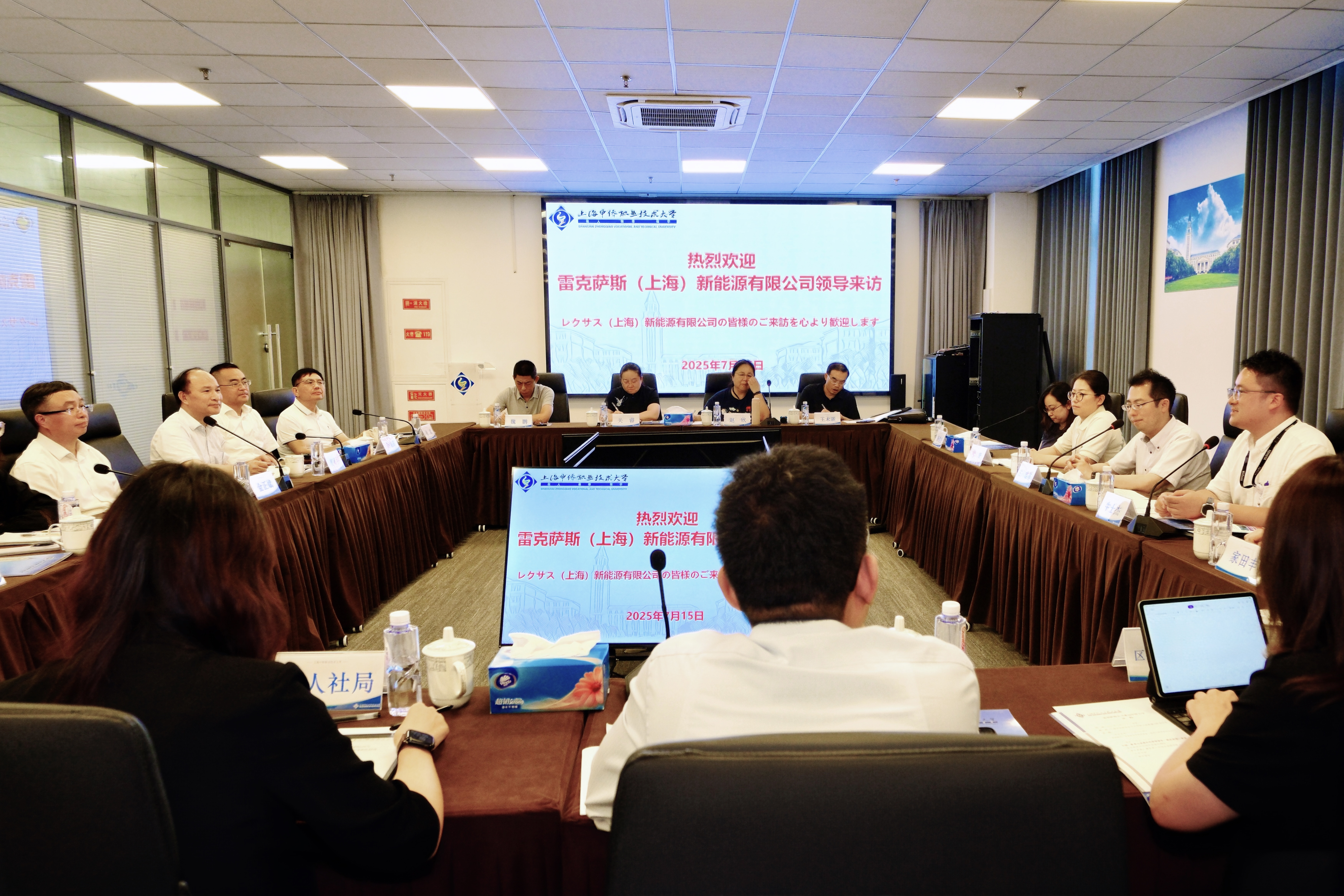
On July 15, a delegation from Lexus (Shanghai) Electric Vehicle Co., Ltd. (Lexus Shanghai EV), led by Jin Zhengbin, Standing Committee Member of the Jinshan District Party Committee and Deputy District Mayor, visited Shanghai Zhongqiao Vocational and Technical University (SHZQU) for discussions on cooperation. The exchange focused on talent cultivation, joint program development, research collaboration, and workforce training for the electric vehicle (EV) industry. The initiative also aims to support key regional projects, align higher vocational education with the development of advanced manufacturing, and contribute new momentum to Jinshan’s “North-South Transformation” strategy.
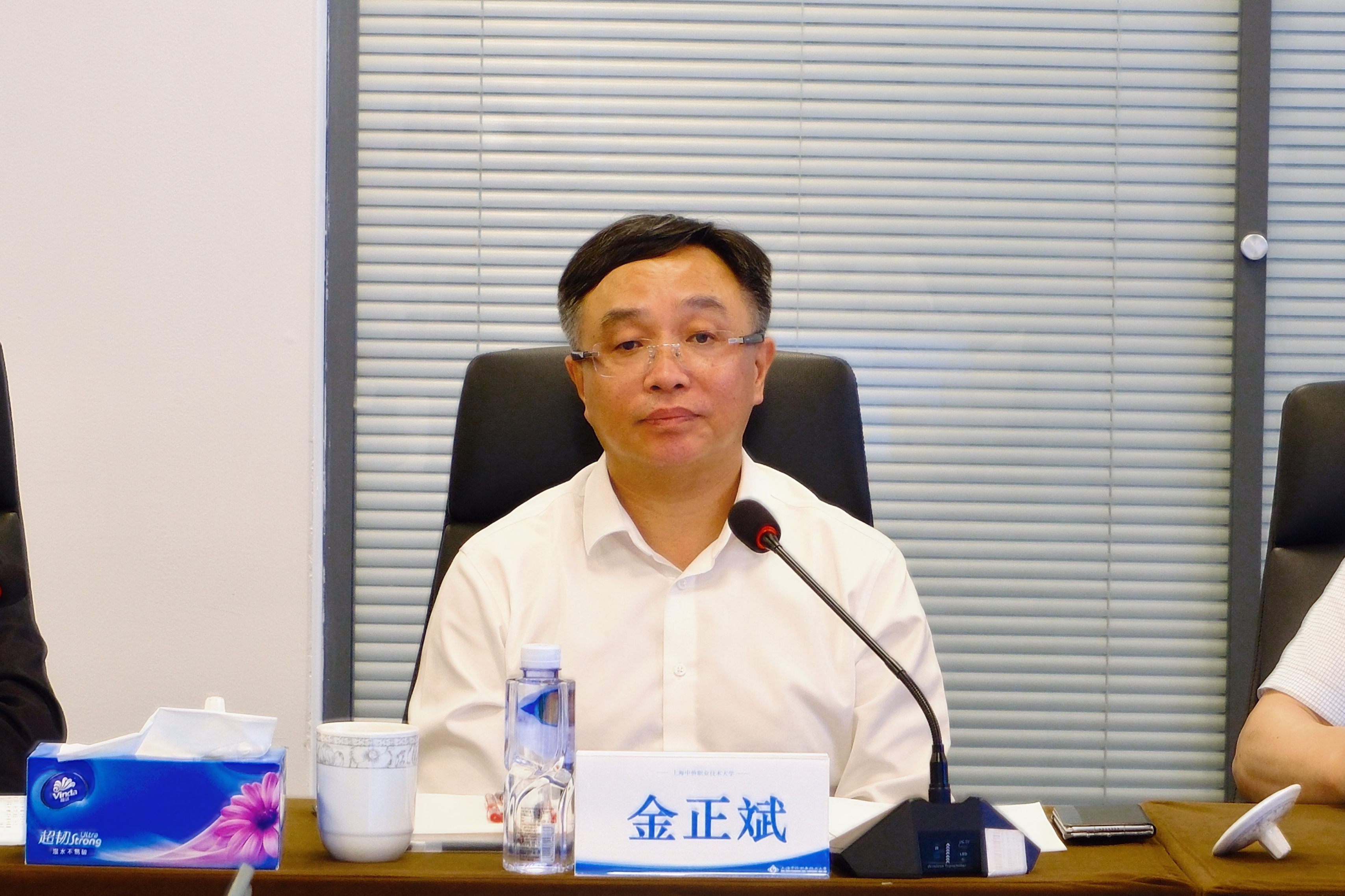
As one of Jinshan District’s major advanced manufacturing projects, the establishment of the Lexus EV production base has drawn wide attention. At the meeting, Deputy District Mayor Jin emphasized the district’s efforts to accelerate industrial upgrading through its “Two Zones and One Hub” strategy. He noted that the integration of the Lexus project with SHZQU will leverage geographical advantages, industrial strengths, and university resources to jointly cultivate talent, serve the local economy, and establish a model of university-industry cooperation in Shanghai.
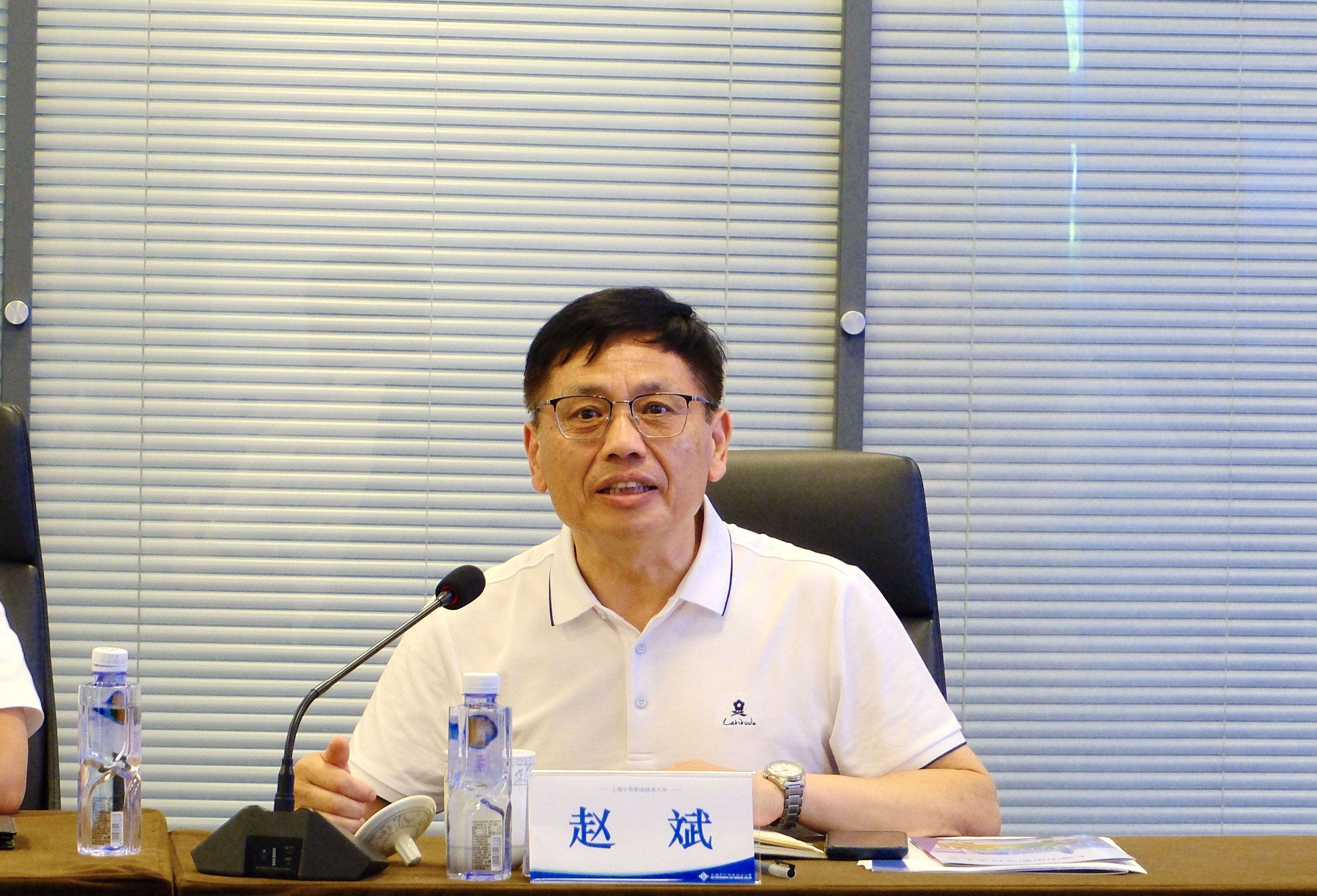
During the discussion, Zhao Bin, Executive Vice President of SHZQU, introduced the university’s distinctive educational features, program structure, and recent achievements in industry-education integration. He highlighted that SHZQU has aligned its academic offerings with key regional industries, establishing programs in intelligent manufacturing, automotive technology, and robotics. The university has also reserved teaching resources and research platforms to fully support Lexus’s workforce needs. “We will advance in three directions—joint program development, employee training, and collaborative research,” Professor Zhao stated. Looking ahead, SHZQU plans to establish a New Energy Vehicle Research Institute, bring in faculty with Japanese industry experience, and explore Japanese vocational education practices to further support the localized development of Lexus in Shanghai.
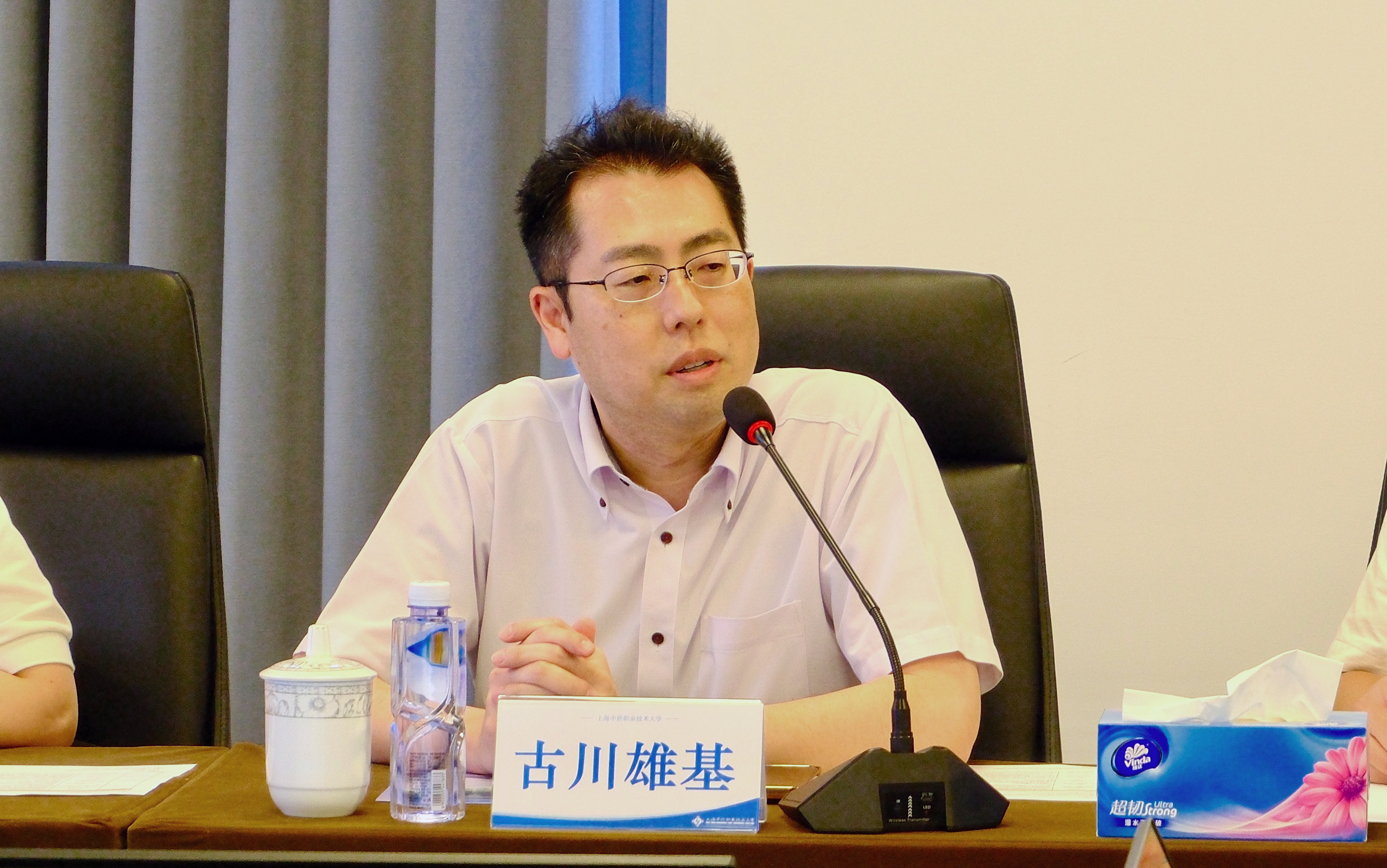
Yuki Furukawa, Head of Human Resources at Lexus Shanghai EV, expressed gratitude for the university’s hospitality and praised the high caliber of SHZQU students and training facilities. He proposed a dual-base cooperation model, under which Lexus would open its production lines for student internships, while SHZQU would provide advanced training opportunities for Lexus employees. Both sides will also explore “order-based classes” and a “Japanese-style” vocational training system, jointly developing curricula and internship programs to supply well-prepared talent for frontline production and ensure mutual growth.
At the meeting, Yang Junhe, Deputy Secretary-General of the Shanghai Modern Service Industry Federation and Director of its Training Center, noted that the development of modern service industries depends on technology, talent, and industry collaboration. He emphasized the importance of aligning educational programs with enterprise needs to achieve seamless integration between training and workforce standards.
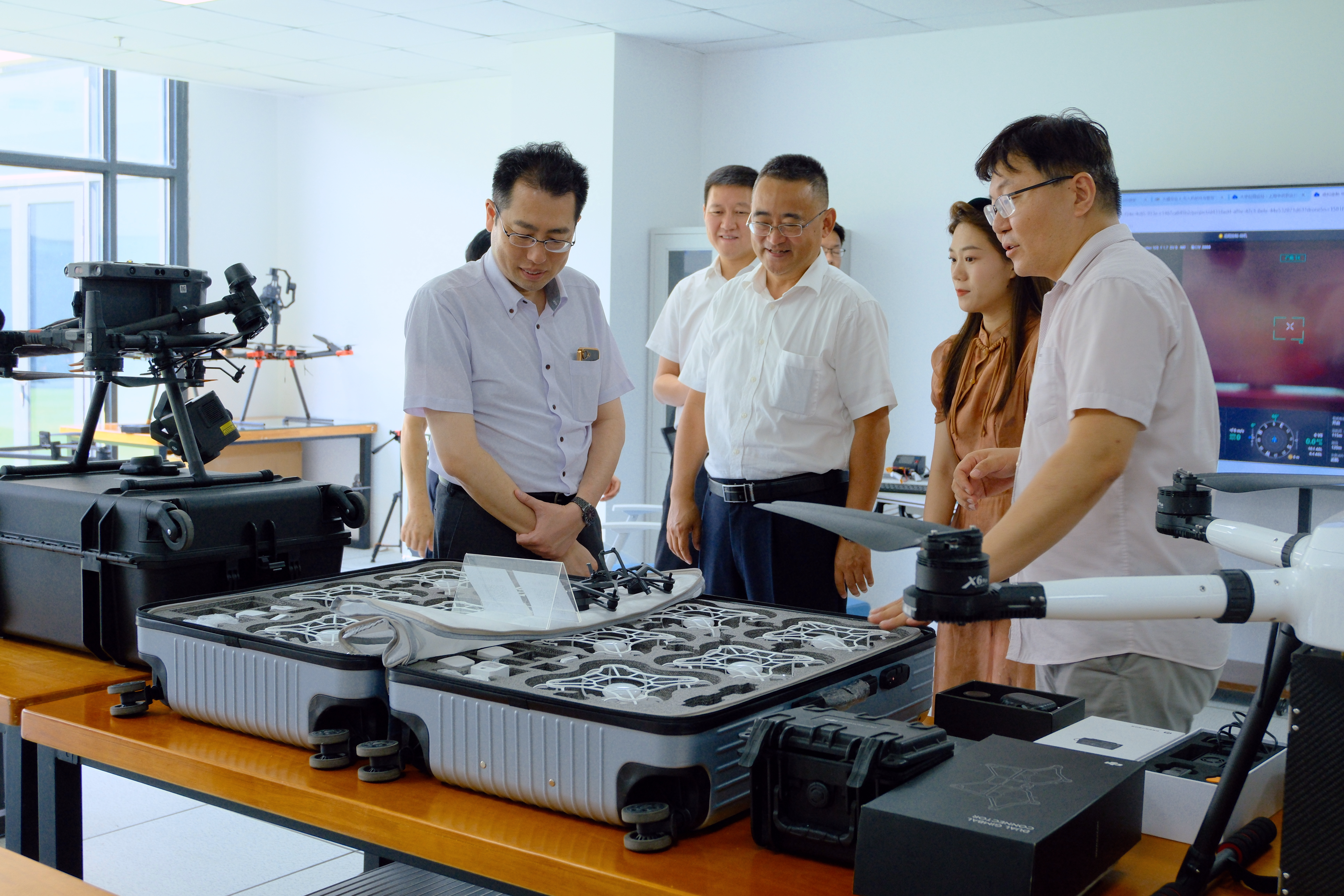
All parties agreed that talent is the cornerstone of regional development, and enterprise growth requires a steady supply of high-quality professionals. This visit marks the beginning of deeper cooperation among government, industry, and academia. Moving forward, SHZQU and Lexus will formulate specific cooperation plans in areas such as internship and training programs, employee upskilling, talent matching, and vocational certification. With the support of Jinshan District authorities, they will also work to implement supporting policies, including talent subsidies and internship base accreditation, jointly fostering the development of the intelligent manufacturing and EV industries.




